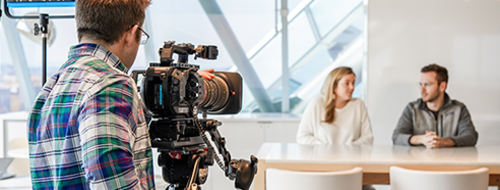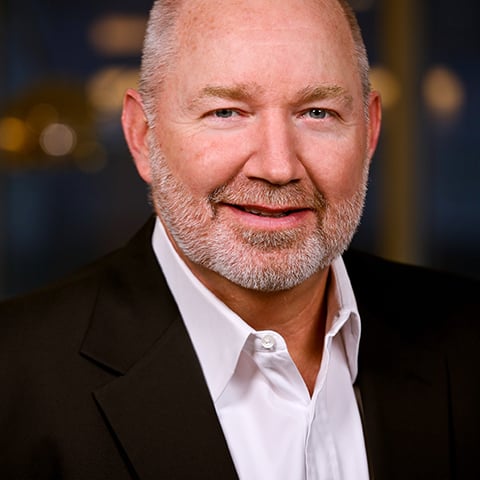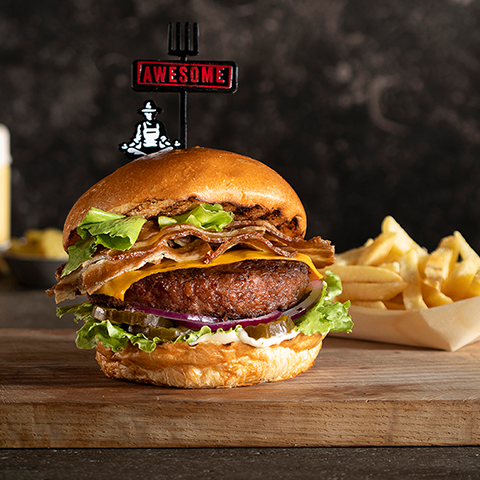Nestlé U.S. Accelerates Path Towards a Sustainable Future, Announces New Projects and Brand Commitments on its Journey to Net Zero
Coffee mate® will convert entire portfolio to 100% recyclable bottles

Nestlé today defined its global roadmap to achieve net zero greenhouse gas (GHG) emissions. The phased approach aims to halve the company’s emissions by 2030 and realize net zero by 2050. To accomplish this, Nestlé will accelerate current initiatives, evolve its operations, and uncover ways to balance remaining emissions through high-quality carbon removal projects or innovation. Nestlé is one of the first signatories of the UN ‘Business Ambition for 1.5°C’ pledge,’ and will provide annual updates to provide transparency on its progress.
“We are striving for a more sustainable future, towards a healthier planet, a stronger society and a thriving economy,” said Steve Presley, Chairman and CEO of Nestlé USA. “That’s why we are building on our existing work to set ambitious goals that will make a real difference, and why we continue to look for new and innovative ways to achieve them in our market.”
As part of the global effort, the company announced new commitments and projects in the U.S., Nestlé’s largest market, to accelerate its path towards a sustainable future and net zero emissions. The company is reimagining aspects of its U.S. business, from the ingredients that it uses, to the packaging that keeps its food and beverages safe, to how it makes and transports its products.
We are striving for a more sustainable future, towards a healthier planet, a stronger society and a thriving economy. That’s why we are building on our existing work to set ambitious goals that will make a real difference, and why we continue to look for new and innovative ways to achieve them in our market.
Brand Carbon Neutrality
Several of Nestlé’s leading U.S. brands announced new commitments to achieve carbon neutrality:
- Sweet Earth Foods, an award-winning plant-based food innovator, today commits to achieve carbon neutrality by 2025.
- Garden of Life®, the #1 brand in the natural products industry, commits to achieve carbon neutrality by 2022.
Popular international brands sold in the U.S. have recently announced similar commitments:
- Perrier®, S.Pellegrino® and Acqua Panna® are set to achieve carbon neutrality by 2022.
- Every cup of Nespresso coffee will be carbon neutral by 2022.
Brands will achieve carbon neutrality by investing in a mix of renewable energy, packaging and operational improvements, and high-quality offset projects.
Manufacturing, Operations & Logistics
Nestlé expects to complete the transition of its 800 sites in the 187 countries where it operates to 100% renewable electricity within the next five years.
Nestlé unveils pilot fleet electrification plan to test the use of electric trucks on a 20-mile short haul route in Ohio. Transportation accounts for 17% of Nestlé’s current U.S. GHG emissions. Thus, converting fleet transportation to electric vehicles would significantly reduce Nestlé’s fossil fuel use and overall carbon emissions, thereby advancing the journey to achieve net zero GHG emissions.
Ingredients
Nestlé is partnering with industry experts and suppliers to reduce the carbon footprint of its most emissions-intensive ingredients: dairy and beef.
The Company was recently the first corporate partner to join the Net Zero Initiative, an industry-wide effort that will play a key role in helping U.S. dairy to make progress toward greenhouse gas emissions reductions and significant improvements in water usage from field to farmgate through innovative technologies and practices. Nestlé is also working with supply chain partners and beef ranchers to help scale regenerative grazing practices in the Northern Great Plains in Montana.
Packaging
Nestlé continues to make progress on its efforts to make 100% of its packaging reusable or recyclable by 2025, which will significantly reduce its GHG emissions footprint.
- Nestlé USA is converting 100% of its creamer portfolio, including Coffee mate® and Coffee mate® natural bliss® to fully recyclable bottles by 2022. This follows the launch of Starbucks® Creamer in a fully recyclable bottle in 2019 and this makes recycling easier for the consumer as the entire bottle, including cap, body and sleeve can be recycled together. The new bottle and shrink sleeve are 100% PET, made with recycling-compatible inks and materials recognized by the Association of Plastic Recycling. With this move, Coffee mate is the first major creamer brand to commit to using fully recyclable shrink sleeves for PET bottles in the U.S.
- Nestlé® Toll House® is now delivering new Bite-Sized Chocolate Chip Edible Cookie Dough at select retailers in a fully recyclable flexible plastic bag, including the zipper. The package can be recycled through store drop-off collection bins at many How2Recycle retail members.
These efforts build on more than a decade of progress and investment to achieve Nestlé’s ambitious sustainability goals. For example, by the end of 2020, 100% of Nestlé’s U.S. manufacturing facilities will achieve zero waste for disposal, avoiding sending approximately 300,000 metric tons of waste to landfills per year. Nestlé Purina PetCare is partnering with conservation organizations and America’s farmers to help implement sustainable practices, like regenerative agriculture, that improve the soil health, protect biodiversity and enhance overall production. Gerber continues to source high quality ingredients that nourish baby and the planet through its Clean Field Farming™ practices while working to reduce the impact of its packaging. In addition, Nestlé will continue to introduce new meatless and plant-based protein products under its popular household brands, such as Sweet Earth Foods, Coffee mate® natural bliss® and Starbucks® Creamers, Stouffer’s®, Life Cuisine® and DiGiorno®.
Through investment and advocacy, Nestlé is also driving change beyond its walls. With its recent $30 million investment in the Closed Loop Leadership Fund, the Company is helping to upgrade U.S. recycling infrastructure and secure access to food-grade recycled plastics. Nestlé also continues to advocate for federal and state policies that expand renewable energy infrastructure and incentives, and to fight bills that curb renewable energy expansion.
Tackling climate change can't wait and neither can we. It is imperative to the long-term success of our business. We will work together with farmers, industry partners, governments, non-governmental organizations and our consumers to reduce our environmental footprint.











